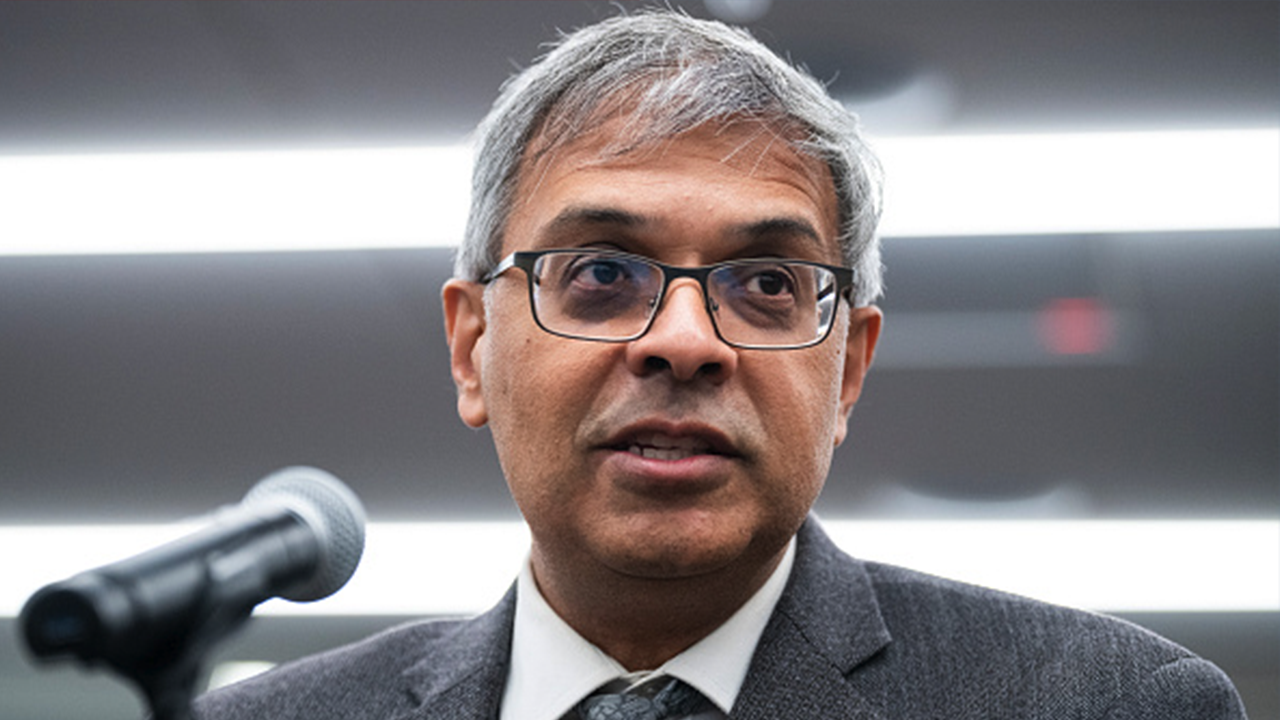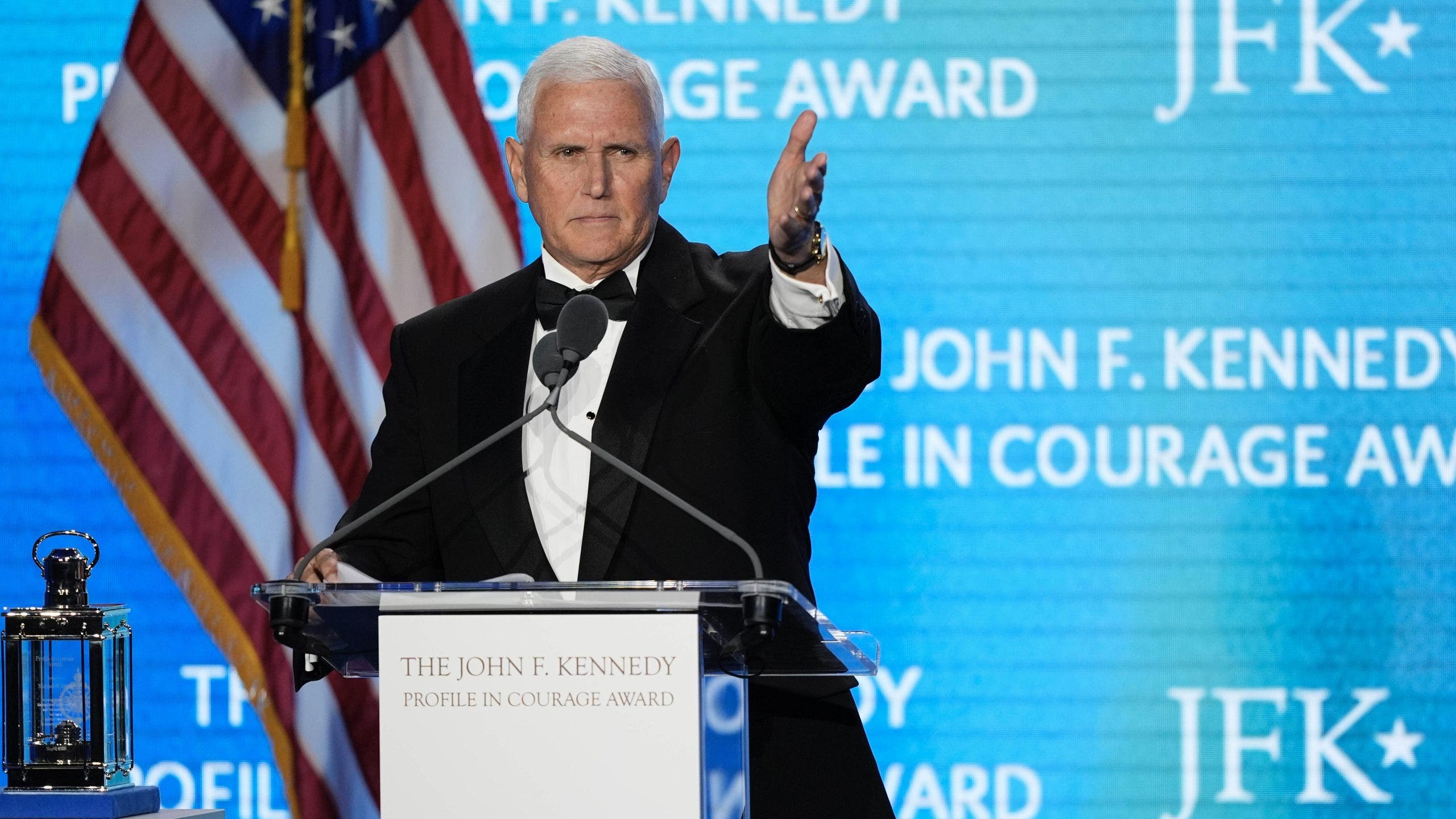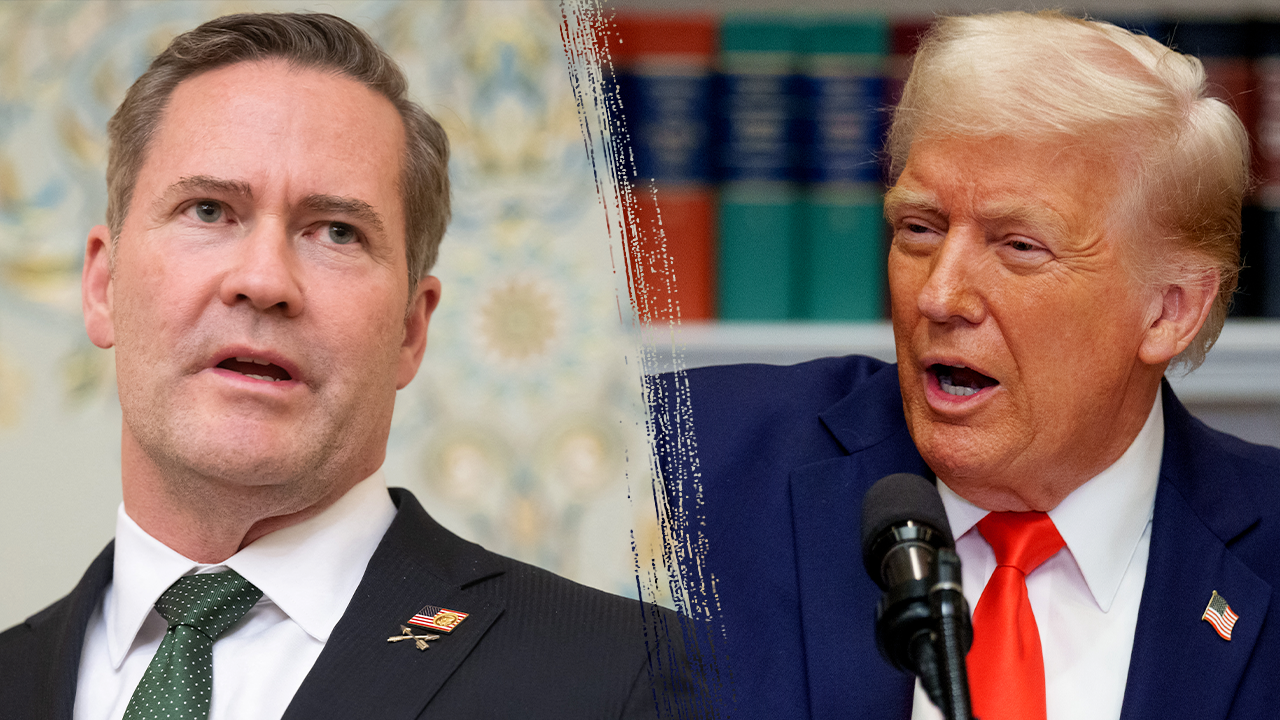Trump’s pick for NIH director clears first hurdle before final confirmation vote

The Senate Committee on Health, Education, Labor, and Pensions (HELP) made a significant decision on Thursday morning by voting to advance Dr. Jay Bhattacharya as President Donald Trump’s nominee to head the National Institutes of Health (NIH). The vote, which was strictly along party lines with 12 votes in favor and 11 against, saw Bhattacharya moving forward with the support of the majority Republican members on the committee. This decision paves the way for Bhattacharya to face a confirmation vote in the full Senate, which will be the final step before he officially assumes the role of NIH director.
During the committee hearing, Sen. Bernie Sanders raised concerns about Bhattacharya’s approach to addressing the cost of prescription drugs and his stance on medical research at the NIH. Sanders, along with other Democrats, expressed worries about Bhattacharya’s alignment with President Trump’s recent decision to impose a cap on facilities and administration costs associated with NIH research grants.
A physician, Stanford professor of medicine, and senior fellow at the university’s Institute for Economic Policy Research, Bhattacharya gained prominence during the COVID-19 pandemic for his opposition to lockdown measures and vaccine mandates. At the confirmation hearing before the Senate HELP Committee, Bhattacharya faced scrutiny over his views on the 15% cap on indirect research costs imposed by the Trump administration. While Bhattacharya did not explicitly oppose the cuts, he pledged to follow the law and ensure that NIH researchers have the necessary resources to advance health outcomes for Americans.
In addition to addressing concerns about the budget cuts, Bhattacharya outlined a new decentralized vision for NIH research, emphasizing the importance of embracing dissenting ideas, transparency, and focusing on research topics that directly benefit the health outcomes of Americans. He expressed his intention to eliminate “frivolous” research efforts within the agency’s portfolio that do not contribute significantly to improving health outcomes.
Bhattacharya’s involvement in the Great Barrington Declaration, a document advocating for an alternative approach to managing the COVID-19 pandemic, was also highlighted during the hearing. The declaration opposed widespread lockdowns and promoted natural immunity for low-risk individuals, questioning the universal efficacy of vaccines. Bhattacharya’s co-founding of the Journal of the Academy of Public Health (JAPH) with other scientists, including Dr. Marty Makary, Trump’s nominee for FDA head, was also mentioned. The journal aims to facilitate scientific discourse by publishing peer reviews of studies from journals that do not disclose their peer reviews publicly.
As Bhattacharya moves closer to assuming the role of NIH director, his confirmation vote in the full Senate will be closely watched to determine the future direction of medical research and public health initiatives under his leadership.




